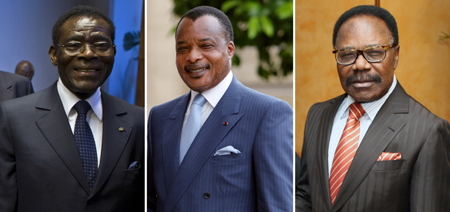Stoking, not suppressing, dissent in China
A self-styled army of Internet users, Anonymous Netizens, has announced its intention to wage war on government censors, starting July 1. Global Voices Online has the text in English; it’s also here in Chinese. Whether their scheduled attack (its nature is not specified) will be felt or not, the irritation of the document’s drafters is…
Iran should allow journalists to cover opposition rallies
New York, June 17, 2009–The Committee to Protect Journalists urges the Iranian government to lift all restrictions on foreign journalists and allow them to cover Thursday’s planned rallies in support of defeated presidential candidate Mir-Hossein Mousavi.
Iran bars foreign media from reporting on protests
New York, June 16, 2009–The Committee to Protect Journalists condemns the Iranian government’s decision to bar foreign journalists from leaving their offices to report, film, or take photographs–a restriction intended to prevent news coverage of protests over the disputed presidential election.
Good discussions in Bonn; murder in Mogadishu
Journalism conferences discussing global trends often inflate the real but intermittent risks faced by foreign correspondents from wealthier nations who travel to and report from less stable regions of the world. They do so at the expense of downplaying if not plain ignoring the much greater risks faced by local journalists who live in such…

Ossébi’s byline missing as sensitive case moves forward
A French judge on Tuesday authorized an anti-corruption group to pursue a complaint that questions how the leaders of three oil-rich, central African nations amassed their personal assets. One byline was absent in news media coverage: Bruno Ossébi, an online Congolese columnist and one of the few local journalists who had covered the sensitive issue.…
Chinese bloggers often go missing
CPJ’s ranking is helpful in that it makes the world pay attention to countries that censor the Internet. I do not know much about other countries, but I know about China. I believe that the outside world (as well as people within China) cannot actually know how many people are jailed because of Internet speech.…
Bloggers in Burma write at great risk
Blogging in Burma is nearly as dangerous as protesting on the streets against the country’s military-run government. So it will come as no surprise to those who closely monitor Burma’s heavily restricted media and censored Internet that CPJ has ranked the country as the worst place in the world to be a blogger.
A Cuban blogger confronts ‘silent repression’
Why write a blog? My reasons might not be convincing, but to me, they are enough. The most important paper in my country is Granma, the official organ of the Communist Party in Cuba. You open it, you read it, and you don’t see anything. Nothing about the day that we are living in the…
